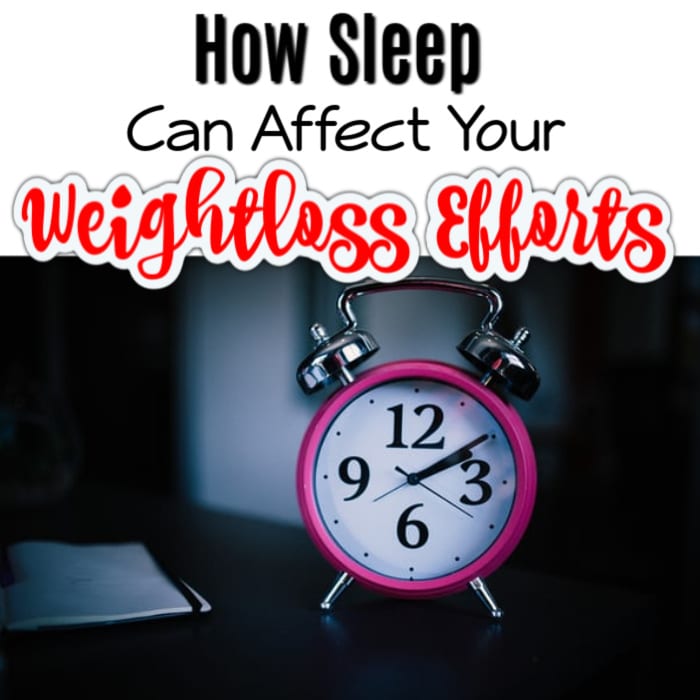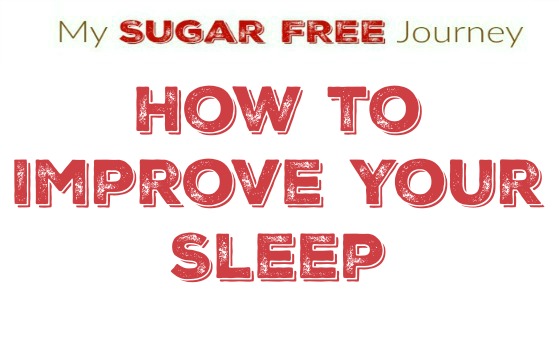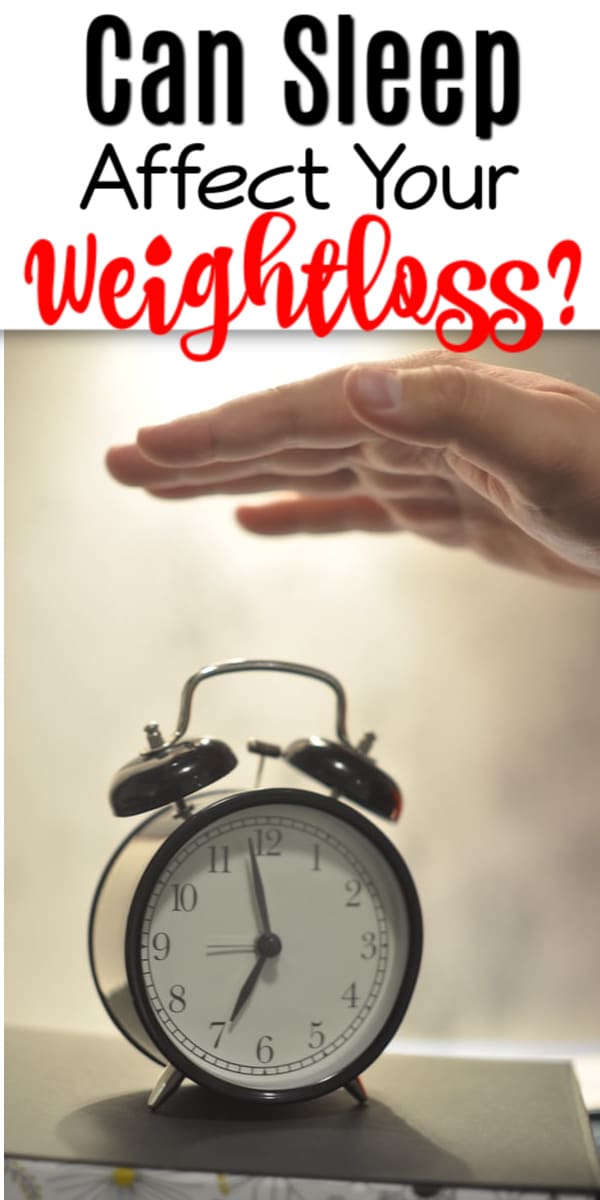
How Sleep Can Affect Your Weight Loss Efforts
Obesity has become one of the biggest problems among people in the United States. As a matter of fact, the National Institute of Diabetes and Digestive and Kidney Diseases (NIDDK) have reported that more than one in three adults are overweight.
With these numbers, it is no surprise why there are so many people who are diagnosed with certain health problems; among which include heart disease and diabetes. This is why it is so important for these people to lose weight.
Unfortunately, attempting to lose weight may be a struggle for some people. Even though they spend three to five times a week exercising and follow a strict diet, they could still be struggling with their weight loss efforts.
What they forget to realize though is that the lack of good quality sleep could be affecting their attempts at losing weight. And this alone hosts a number of problems for someone’s health.
You might also like: 12 Keto Weight Loss Tips For The Morbidly Obese!
The Importance Of A Good Night’s Sleep
The ideal number of hours a person needs to sleep every night is between seven and eight hours. But according to physicians, adults need to have at least seven hours of uninterrupted sleep every night so they can feel well-rested. Unfortunately, many individuals have a difficult time achieving this ideal number.
In the US alone, a study in 2017 showed that up to 36 percent of respondents do not feel rested when they wake up in the morning. This suggests that they either did not have a good night’s sleep or enough hours of slumber. And when this happens, there are many aspects that are affected by insufficient sleep.
It not only affects blood circulation and memory, but it can also even put a toll on your social life. Not to mention, it has the ability to affect your weight loss. So even if you are getting as much exercise and eating the right food, it might not be getting you the results you want because you are not getting enough sleep.
How Does Sleep Affect Weight Loss
A study performed by the International Journal of Obesity discovered that there is a connection between weight loss and insufficient or disrupted sleep. In their study, they found out that overweight individuals with insufficient sleep lost less weight compared to their peers who had no trouble getting enough sleep.
Another research published in the Annals of Internal Medicine showed surprising results. The research studied dieters who were under two different classifications– the first were the ones who got more than seven hours of sleep per night, the other were those who got less than seven hours per night.
The study showed that those with inadequate sleep lost less fat as opposed to those with over seven hours of sleep. In addition to this, the sleep-deprived respondents felt hungrier and did not have enough energy to exercise.
You might also like: Day 26: How To Improve Your Sleep

It Affects Your Diet
With today’s busy lifestyle, many people take the importance of sleep for granted. It seems like there is too much going on in their lives and too little time to achieve everything. They want to do good at their jobs yet be able to eat right, put in as much exercise as they can, and still have time for their social life. But in order to achieve all of those things, they have to make some sacrifices and often, they forego sleep.
What they fail to realize though is that a good night’s sleep is essential to have a healthy body. By not meeting the ideal number of hours of sleep per night, the benefits of dieting can be reduced and even undone. This is something that the Annals of Internal Medicine discovered.
More importantly, sleep is a key element for your efforts in diet and fitness. And it’s already common knowledge that insufficient sleep can make you significantly hungrier, thus prompting you to overeat.

It Lets You Crave More Food
This is where it gets interesting. People often believe that hunger is only related to willpower and being able to control your hunger pangs. But in reality, there are two hormones that control hunger: leptin and ghrelin.
The less leptin produced by your body, the more that your stomach feels empty. On the other hand, the more ghrelin gets produced, hunger gets stimulated more while reducing the number of calories you burn and increasing stored fat.
To successfully lose weight, you need to control both hormones. Unfortunately, sleep deprivation makes this close to impossible.
According to research, when you sleep less than six hours per night, the area of your brain that stimulates your need for food gets triggered. At the same time, the supply of leptin gets depressed and ghrelin increases.
In addition to these two hormones, scientists also found out that when you don’t get enough sleep, the cortisol levels in your body rise. Cortisol is known as the stress hormone commonly associated with fat gain. If you don’t get enough sleep, cortisol activates the reward centers in your brain that let you crave food.
The combination of high cortisol and ghrelin shuts down portions of your brain that make you feel satisfied after you eat. This means that you feel hungry all the time even though you just ate a large portion.
It Affects Your Body’s Insulin
Have you ever noticed that when you are sleep-deprived, you feel confused, dazed, and even grumpy? That’s because it’s not your brain and body that feels exhausted, your fat cells do as well.
If you regularly deprive yourself of a good night’s sleep, your body’s ability to use insulin properly gets disrupted. Researchers from the University of Chicago even found that your insulin sensitivity may drop as much as 30 percent.
If your insulin is performing properly, the fatty acids and lipids from your bloodstream get removed by the fat cells and do not get stored in your body. When you become insulin resistant, the lipids can circulate freely in your bloodstream and even pump out more insulin.
Unfortunately, the excess insulin could end up storing fat in your liver. And this can lead to developing metabolic diseases, such as diabetes.

It Causes You To Make Poor Dietary Decisions
Another effect of insufficient sleep is that you don’t make wise decisions, especially with your food choices. Even though you know you shouldn’t eat certain foods, you give in to your urges.
As published in Nature Communications, one night of insufficient sleep is already enough to impair the activity in your frontal lobe. And since this controls complex decision-making, you are unable to make good decisions.
Add this to the increased activity in your amygdala, a region of your brain that signals rewards. When you are overtired, the activity in this region increases too.
This is why you crave certain high-calorie foods because you have trouble resisting the urge to stick to your diet. Not to mention, sleep deprivation lets you choose greater food portions, which increases your chances of gaining more weight.
The Bottom Line
It is difficult to ignore the connection between weight gain and insufficient sleep. As a matter of fact, the American Journal of Epidemiology discovered that sleep-deprived women have a higher chance of gaining 33 pounds in the next 16 years compared to those who get enough sleep every night.
This weight gain increases your chances of getting diabetes, cognitive failure, high blood pressure, and even heart failure. This is why it is so important to prioritize sleep as much as diet and exercise.
The best way you can stay healthy is to have between seven and nine hours of sleep each night. And in the event that you are unable to have one good night’s sleep, make sure that you do not follow it up with more.
It may seem insignificant to you but your sleep quality actually plays a huge role in your journey to weight loss and getting healthy.




One thought on “How Sleep Can Affect Your Weight Loss Efforts”
-
Pingback: The Role Of Insulin In Weight Gain
Leave a Reply